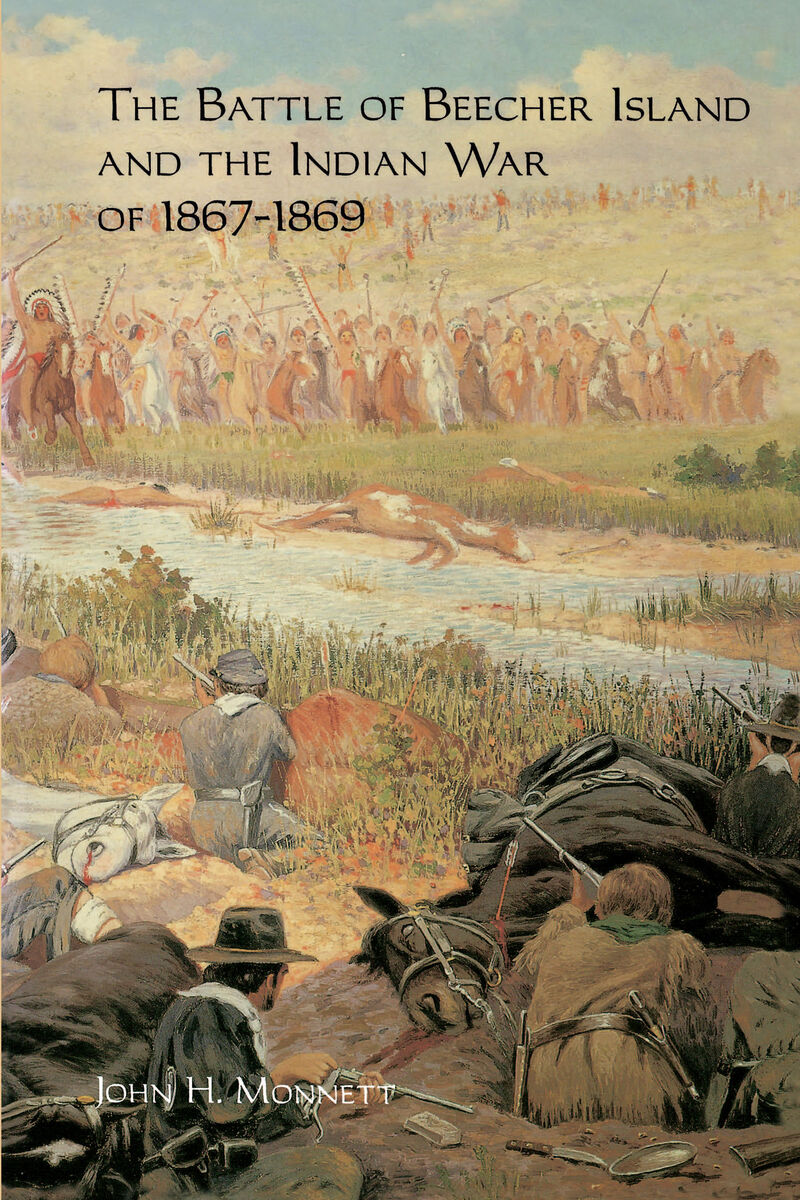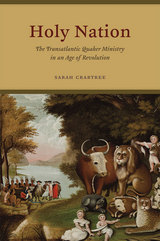The Battle of Beecher Island and the Indian War of 1867-1869
University Press of Colorado, 1994
Paper: 978-0-87081-347-4
See other books on: Battle | Beecher Island | Indian War 1867 - 1869 | Monnett, John H. | United States
See other titles from University Press of Colorado
Paper: 978-0-87081-347-4
ABOUT THIS BOOK | AUTHOR BIOGRAPHY | REVIEWS | REQUEST ACCESSIBLE FILE
ABOUT THIS BOOK
During the morning hours of September 17, 1868, on a sandbar in the middle of the Republican River in eastern Colorado, a large group of Cheyenne Dog Soldiers, Araphaho, and Sioux attacked about fifty civilian scouts under the command of Major George A. Forsyth. For two days the scouts held off repeated charges before the Indian warriors departed. For nine days, the scouts lived off the meat of their horses until additional forces arrived to relieve them. Five scouts were killed and eighteen wounded during the encounter that later came to be known as the Battle of Beecher Island.
Monnett's compelling study is the first to examine the Beecher Island Battle and its relationship to the overall conflict between American Indians and Euroamericans on the central plains of Colorado and Kansas during the late 1860s. Focusing on the struggle of the Cheyenne Dog Soldiers warrior society to defend the lands between the Republican River valley and the Smoky Hill River valley from Euroamerican encroachment, Monnett presents original reminiscences of American Indian and Euroamerican participants. Unlike many military studies of the Indian Wars, The Battle of Beecher Island also includes in-depth examinations of the viewpoints of homesteaders and the views of western railroad interests of the late nineteenth century.
Monnett's compelling study is the first to examine the Beecher Island Battle and its relationship to the overall conflict between American Indians and Euroamericans on the central plains of Colorado and Kansas during the late 1860s. Focusing on the struggle of the Cheyenne Dog Soldiers warrior society to defend the lands between the Republican River valley and the Smoky Hill River valley from Euroamerican encroachment, Monnett presents original reminiscences of American Indian and Euroamerican participants. Unlike many military studies of the Indian Wars, The Battle of Beecher Island also includes in-depth examinations of the viewpoints of homesteaders and the views of western railroad interests of the late nineteenth century.
See other books on: Battle | Beecher Island | Indian War 1867 - 1869 | Monnett, John H. | United States
See other titles from University Press of Colorado












